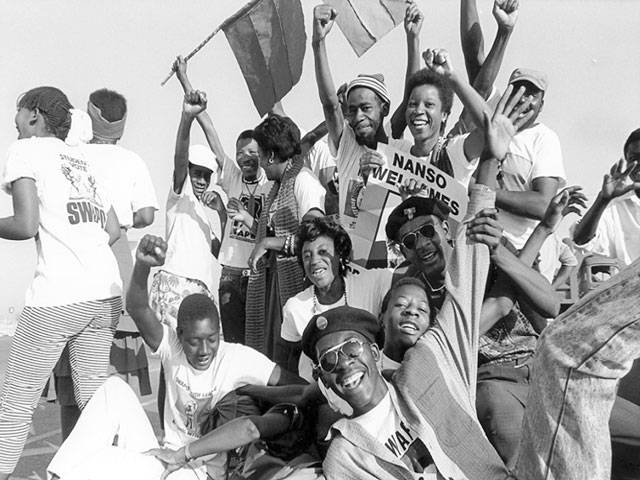“As from today, we are the masters of this vast land of our ancestors. The destiny of this country is now fully in our own hands. We should, therefore, look forward to the future with confidence and hope.”
–Sam. S. Nujoma
On 21st March 1990, Namibia gained independence after 75 years of South African rule following the Namibian War of Independence.
Namibia is a country in Sub-Saharan Africa that underwent various stages of colonisation in its history. From 1884, Namibia was a German colony. During the First World War, South Africa, as member of the British Commonwealth, took over its occupation in 1915. After the end of War, the League of Nations mandated South Africa to control the territory, while after the dissolution of the League, the United Nations introduced a Trusteeship system in 1946 that placed all formerly German occupied territories in Africa under UN control. However, South Africa refused to surrender its mandate.
While the South African government never officially incorporated South West Africa into its territory, it administered it as a ‘fifth province’ and also extended its apartheid system to it. There were many human rights violations that occurred at the hands of South African Defense Force (SADF) soldiers.
The Namibian struggle for independence included guerrilla wars, and a long period of international pressure and negotiations, until 1988 when South Africa agreed to withdraw control. A power transition was put into effect with the help of mediatory UN and US forces, and in 1990, an independent Republic of Namibia finally came into being.






